Find Help
More Items From Ergsy search
-
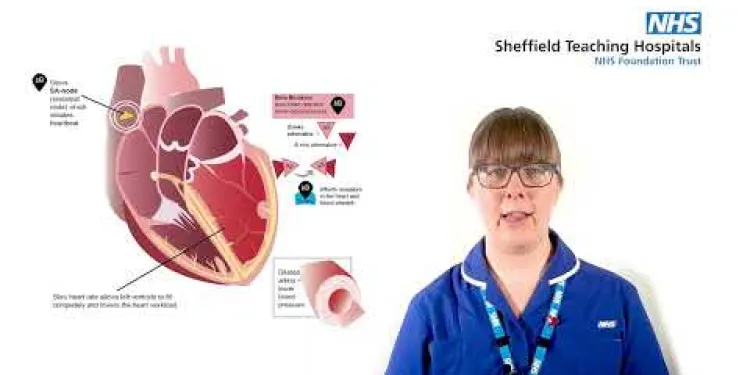
Medicines of the heart
Relevance: 100%
-
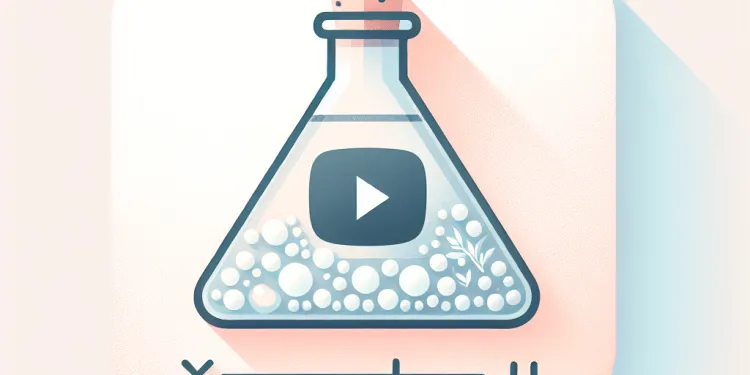
Are homeopathic medicines safe?
Relevance: 65%
-

How are homeopathic medicines made?
Relevance: 61%
-
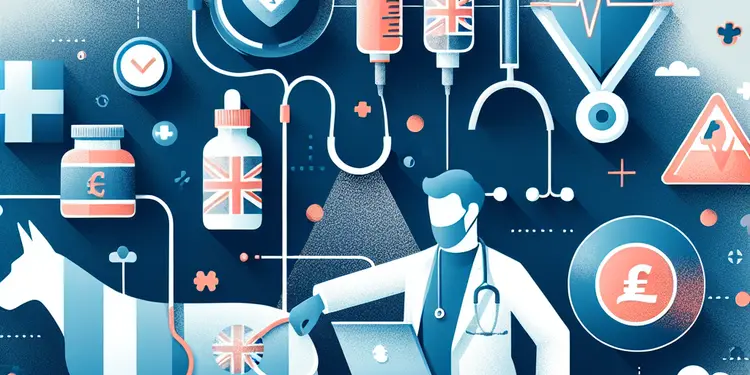
How is ketamine used in veterinary medicine?
Relevance: 60%
-

Do homeopathic medicines contain any active ingredients?
Relevance: 56%
-

Heart Failure : The normal heart
Relevance: 51%
-
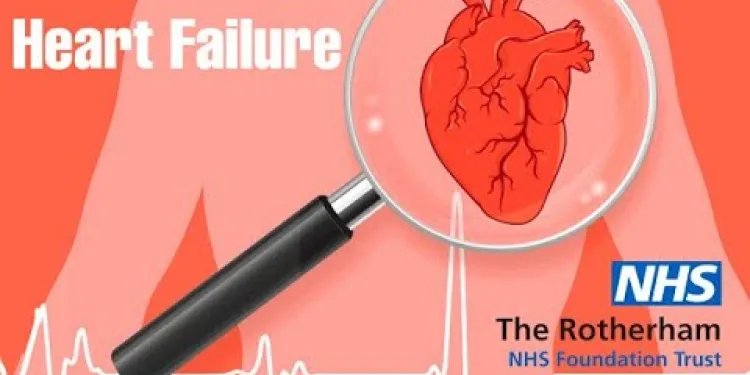
Heart Failure : What is heart failure?
Relevance: 50%
-
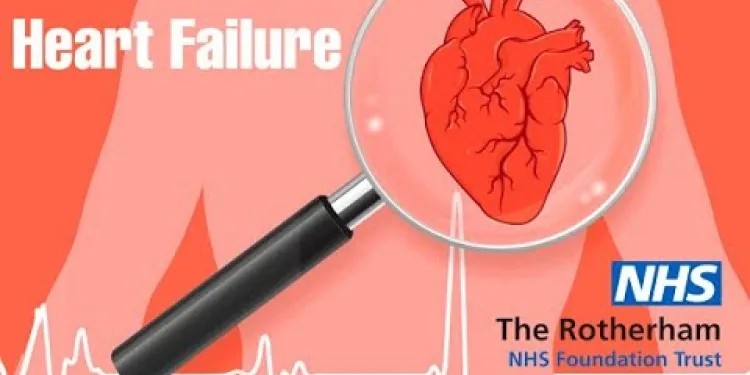
Heart Failure : Symptoms of heart failure
Relevance: 50%
-
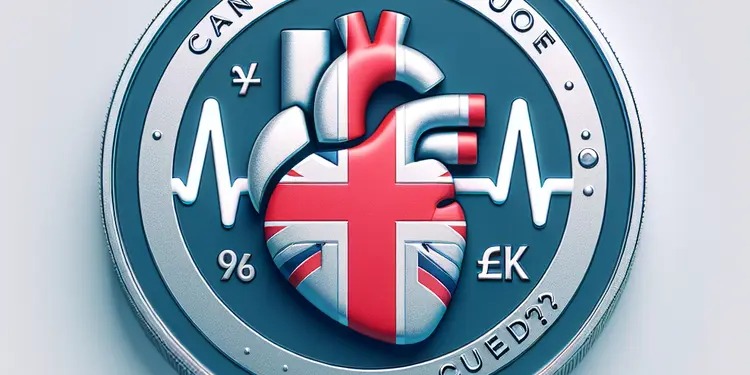
Can heart failure be cured?
Relevance: 50%
-
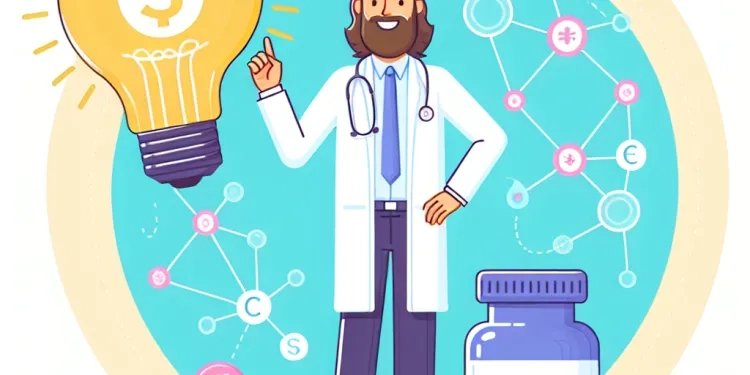
How does homeopathy differ from conventional medicine?
Relevance: 49%
-
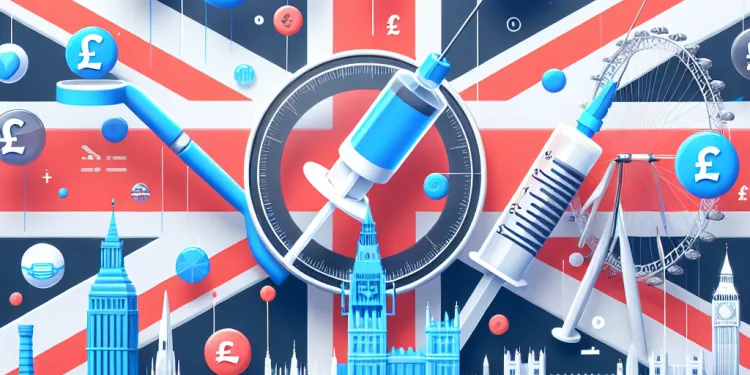
How long has Botox been used in medicine?
Relevance: 48%
-
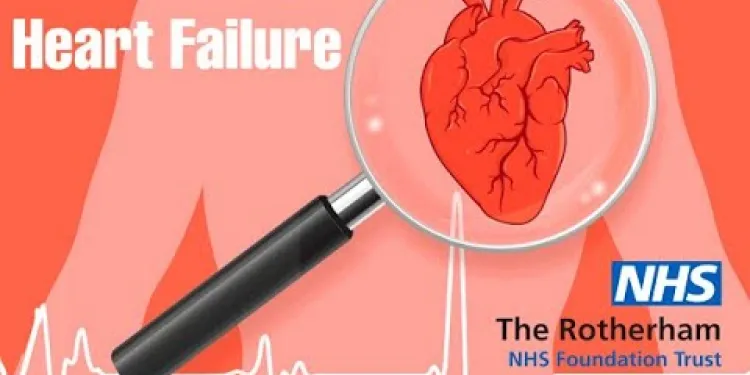
Heart Failure : When the heart becomes stiff?
Relevance: 48%
-
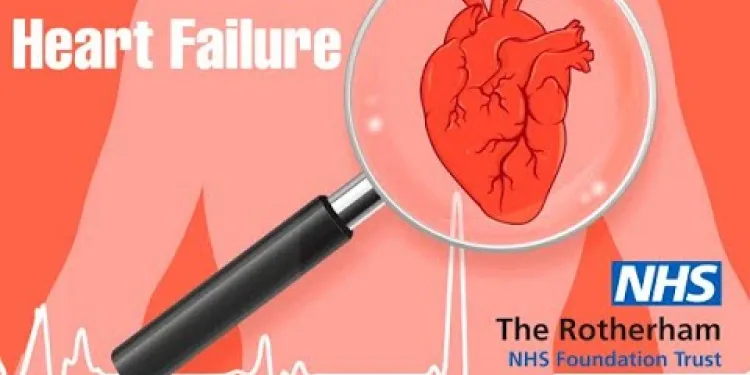
Heart Failure : Heart failure that cannot pump
Relevance: 48%
-

Heart stents
Relevance: 48%
-
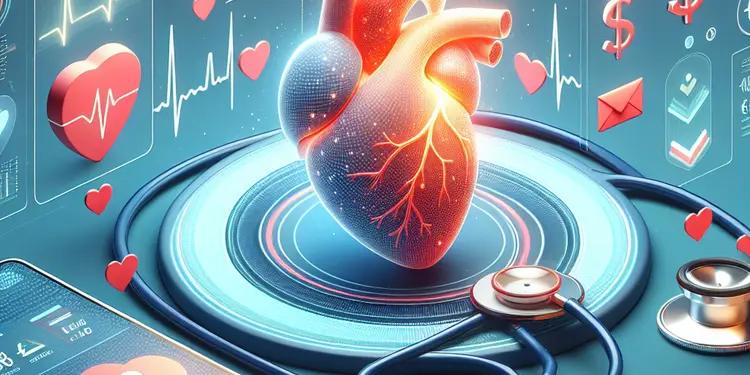
Is it possible to prevent a heart attack?
Relevance: 47%
-

Heart failure introduction
Relevance: 46%
-
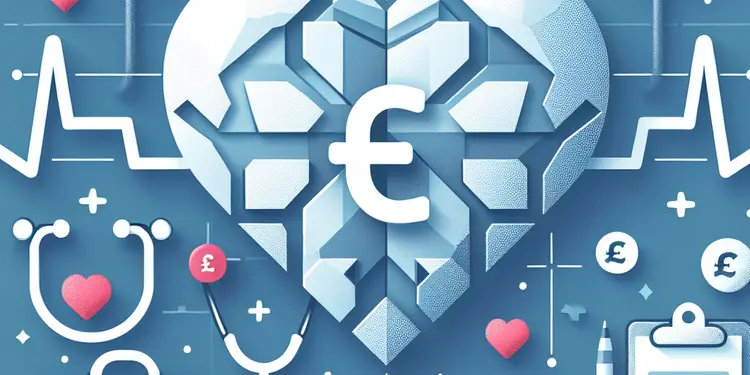
What causes heart failure?
Relevance: 44%
-
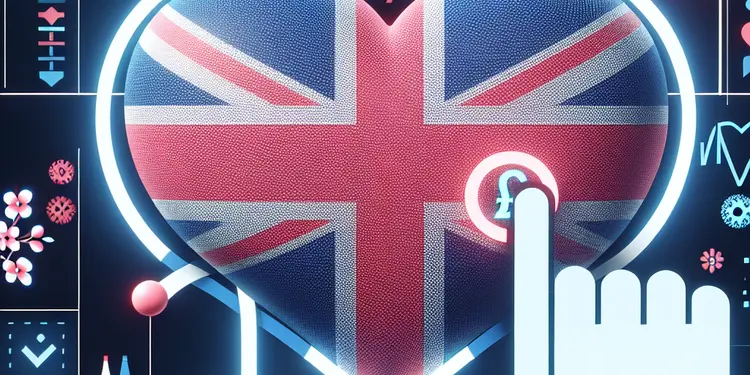
Are there different types of heart failure?
Relevance: 44%
-
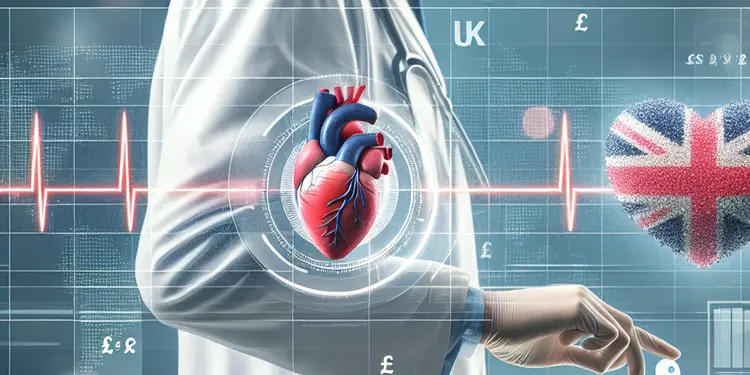
How is heart failure diagnosed?
Relevance: 44%
-
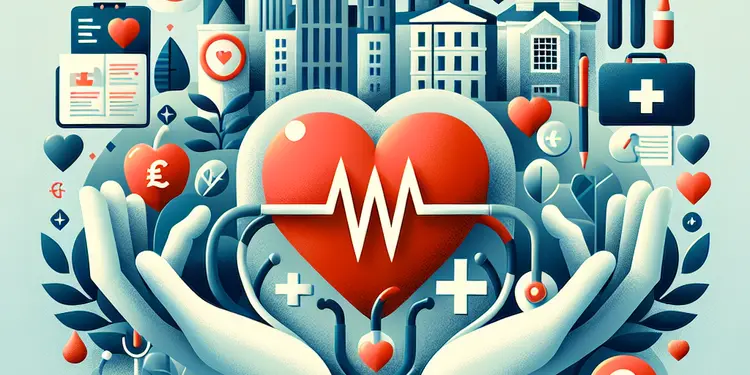
Can heart failure be prevented?
Relevance: 44%
-
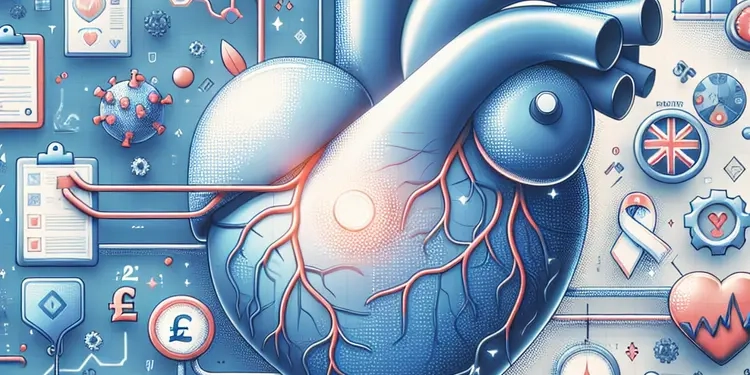
What is heart valve disease?
Relevance: 43%
-
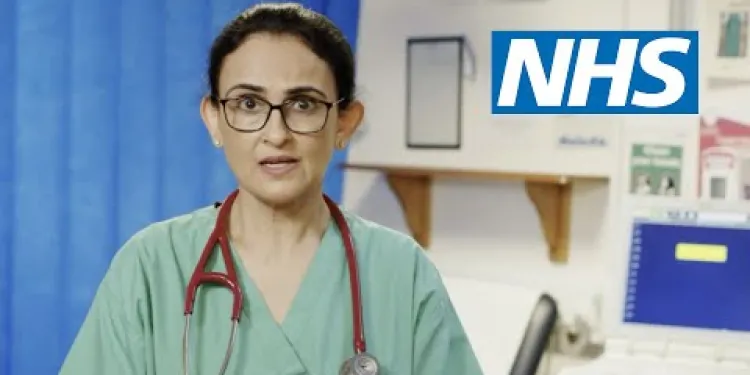
Heart Attack Stories | NHS
Relevance: 43%
-

Is my abnormal heart rhythm dangerous?
Relevance: 43%
-
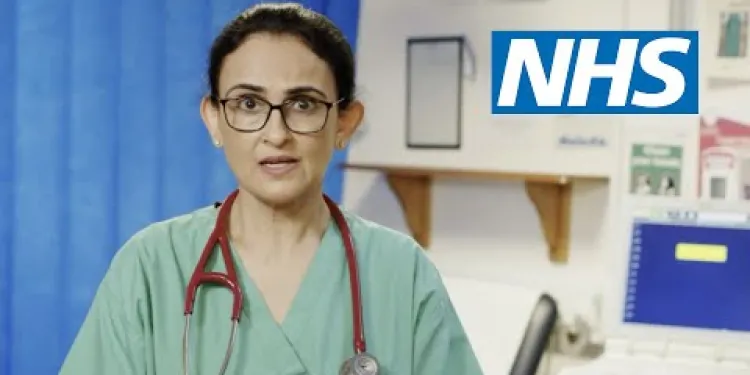
Heart Attack Stories | NHS
Relevance: 43%
-

Is my abnormal heart rhythm dangerous?
Relevance: 43%
-
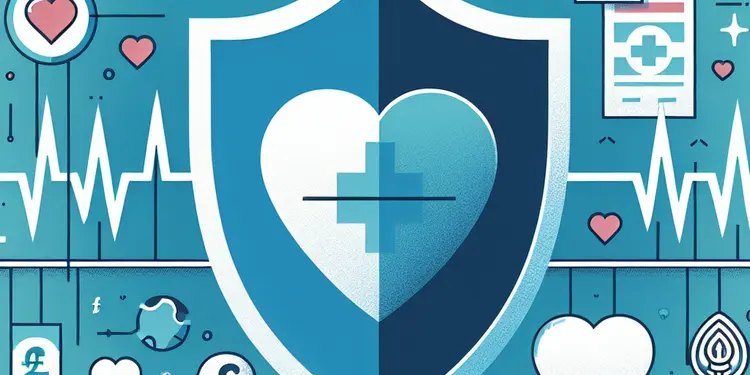
When should one start taking medication for heart attack prevention?
Relevance: 42%
-
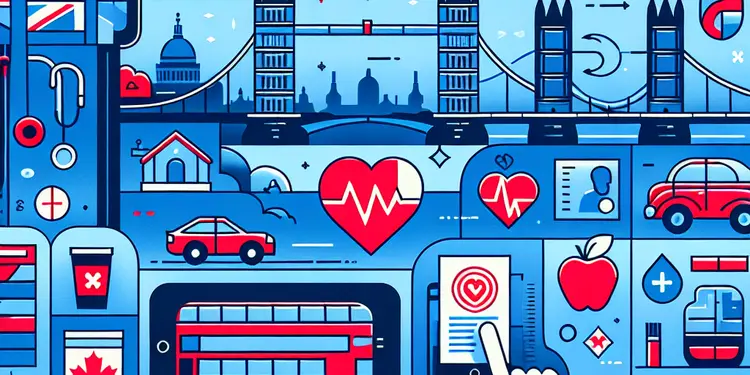
What are the risk factors for a heart attack?
Relevance: 42%
-
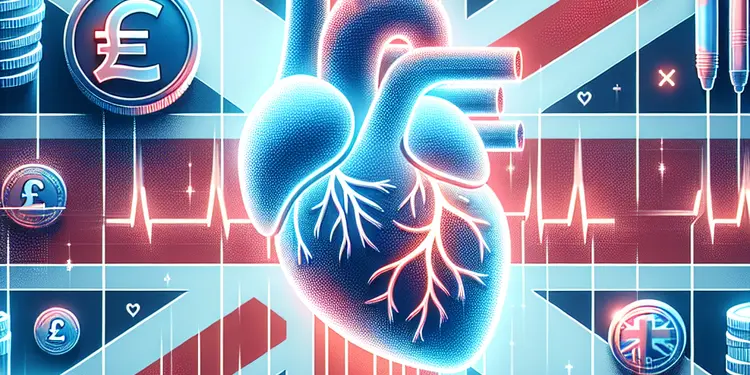
What are the long-term effects of a heart attack?
Relevance: 42%
-
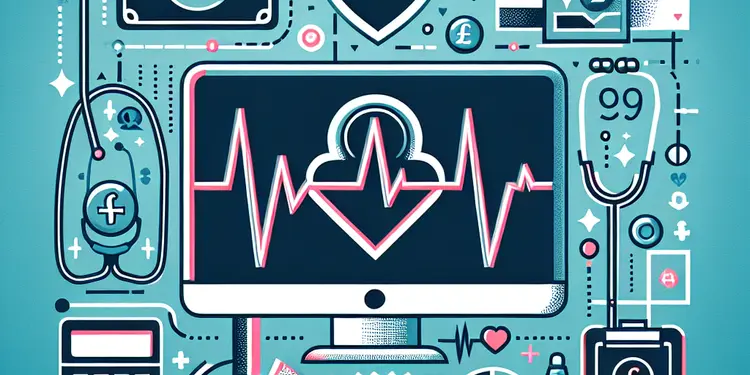
What is the prognosis for someone with heart failure?
Relevance: 42%
-
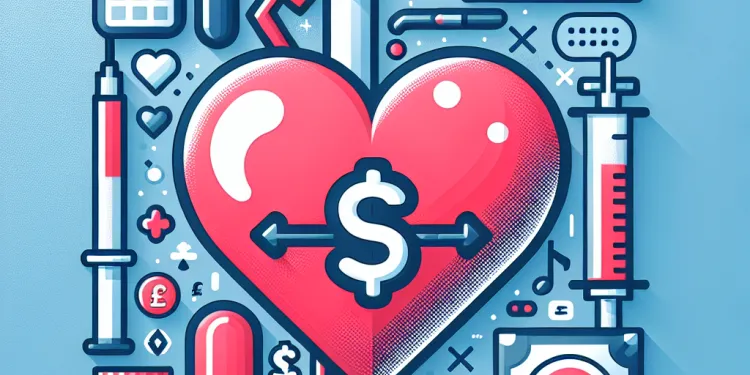
Is Baxdrostat used in treating heart failure?
Relevance: 41%
-
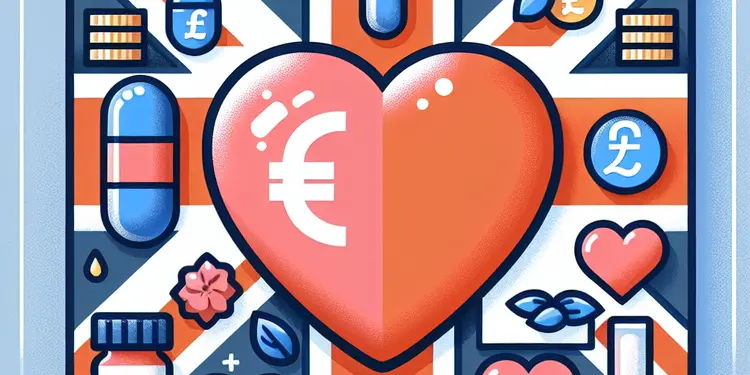
Are there specific fats that support heart health?
Relevance: 41%
-
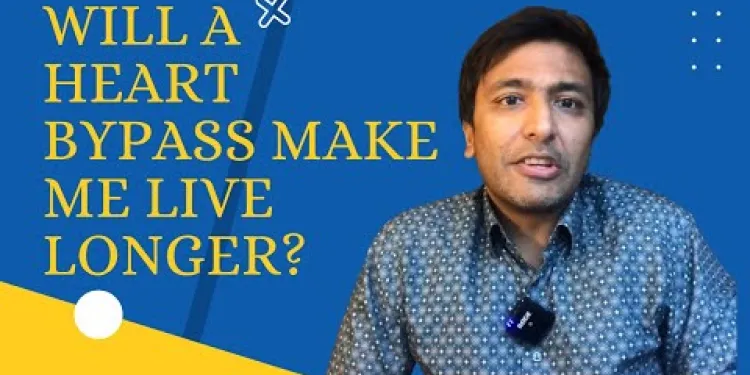
Will a heart bypass make me live longer?
Relevance: 41%
-
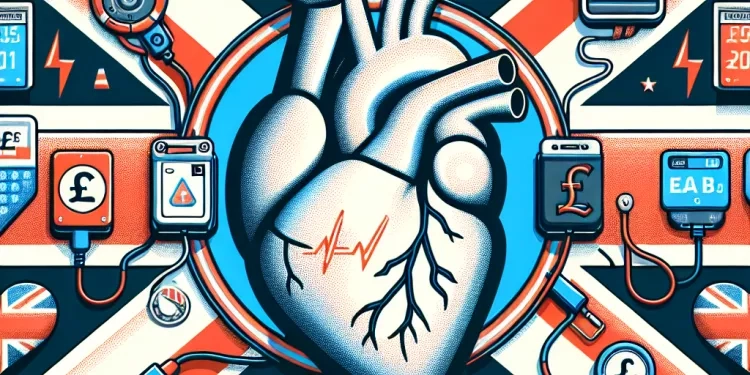
Can a defibrillator restart a stopped heart?
Relevance: 41%
-
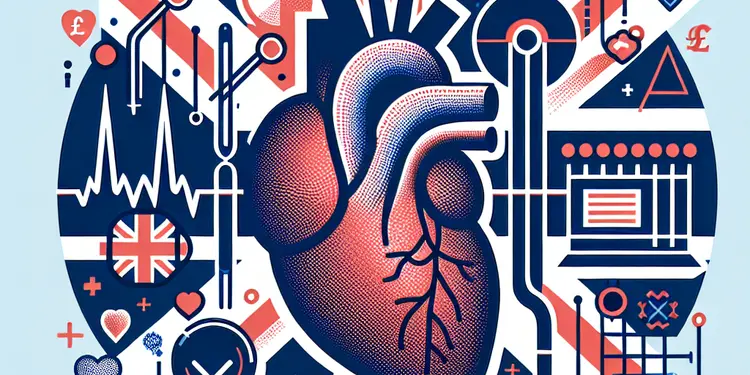
Can heart failure affect other organs?
Relevance: 40%
-
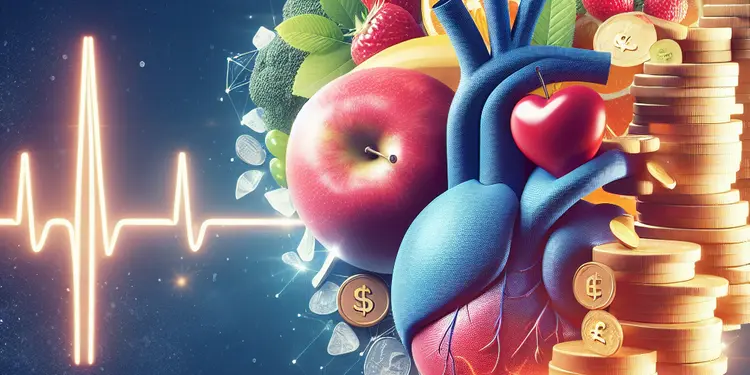
What is the role of diet in managing heart failure?
Relevance: 40%
-
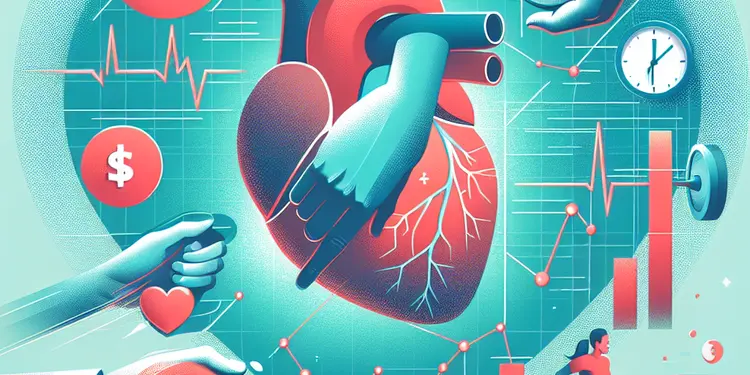
Can physical exertion trigger a heart attack?
Relevance: 40%
-
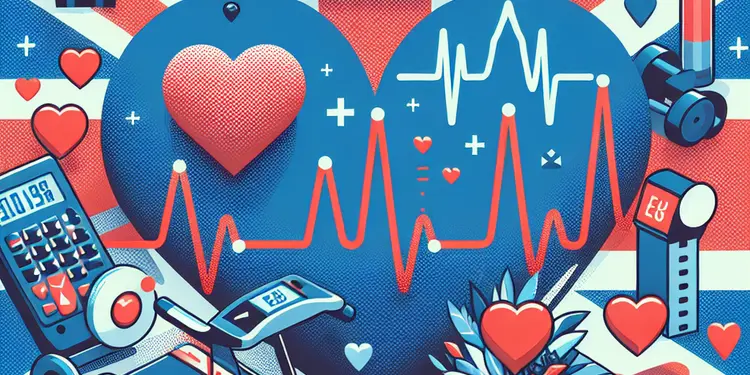
How does exercise impact heart failure?
Relevance: 40%
-
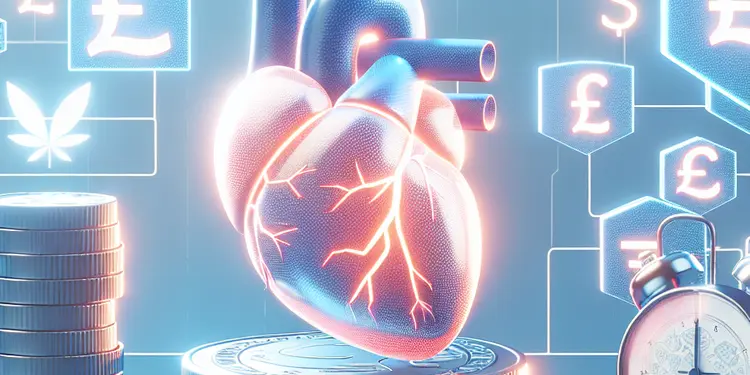
How do beta-blockers contribute to heart attack prevention?
Relevance: 40%
-
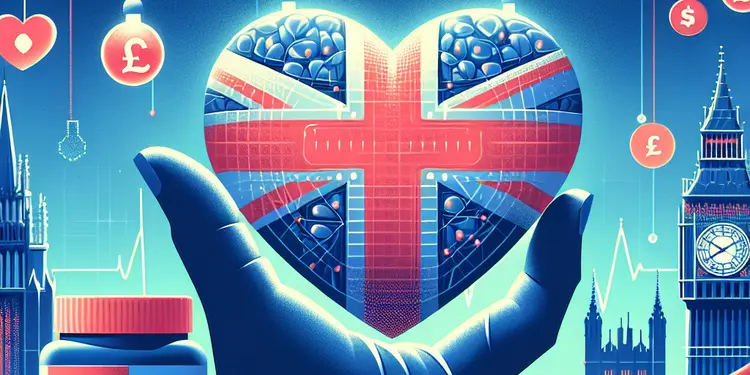
What medications are commonly prescribed for heart failure?
Relevance: 40%
-
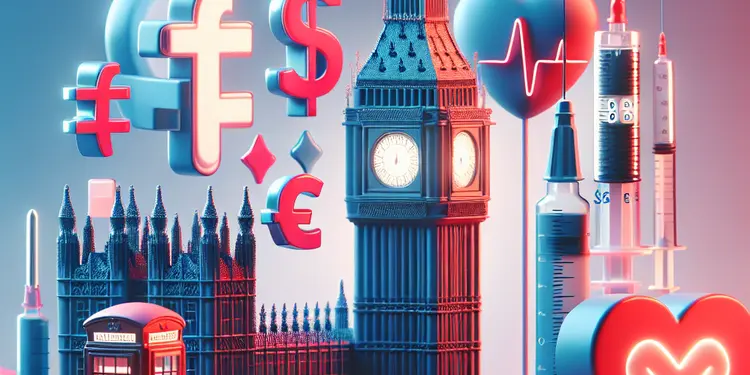
Are heart attack symptoms different for people with diabetes?
Relevance: 40%
Medicines of the Heart
Introduction to Cardiac Medications
In the United Kingdom, heart diseases remain a leading cause of mortality. Proper medication can significantly improve heart health, especially when used in conjunction with lifestyle changes. Medicines for heart conditions primarily aim to alleviate symptoms, prevent complications, and improve overall cardiac function.Categories of Heart Medications
1. Antihypertensives
Antihypertensive drugs are essential for managing high blood pressure, a critical risk factor for heart disease. Common types include ACE inhibitors like ramipril, beta-blockers such as atenolol, and calcium channel blockers like amlodipine. These medications work by relaxing blood vessels, reducing heart workload, and preventing vessel constriction.2. Anticoagulants and Antiplatelets
These drugs prevent blood clots, reducing the risk of heart attacks and strokes. Warfarin and newer anticoagulants like apixaban prevent clot formation, while antiplatelet drugs like aspirin and clopidogrel stop platelets from clumping together.3. Lipid-lowering Medications
Statins like simvastatin and atorvastatin help lower cholesterol levels, a significant contributor to atherosclerosis and subsequent heart disease. By reducing LDL cholesterol, these drugs decrease the risk of heart attacks and strokes.4. Diuretics
Often termed water pills, diuretics like furosemide and hydrochlorothiazide help reduce fluid buildup in the body. This decreases the workload on the heart and is particularly useful in treating conditions like heart failure and hypertension.5. Antiarrhythmics
For patients with irregular heartbeats, antiarrhythmic medications like amiodarone and sotalol help maintain a regular heart rhythm. These drugs can be vital in managing atrial fibrillation and other arrhythmias.6. Angina Medications
Medicines such as nitrates (e.g., glyceryl trinitrate) help relieve chest pain caused by angina by dilating the blood vessels and improving blood flow to the heart muscle.Use and Guidance
In the UK, the prescription and management of these medications should always be conducted under the supervision of a healthcare professional. Regular consultations and monitoring are crucial to ensure optimal effectiveness and to adjust dosages as needed, considering potential interactions and side effects.Conclusion
Medications play a crucial role in the management and treatment of various heart conditions. By understanding their functions and uses, patients can work more effectively with their healthcare providers to maintain heart health and improve their quality of life.Medicines of the Heart
Introduction to Heart Medicines
In the UK, many people have heart problems, which can be very serious. Medicines can help keep your heart healthy, especially if you also make healthy lifestyle choices. Heart medicines help with symptoms, stop problems from getting worse, and make the heart work better.Types of Heart Medicines
1. Medicines for High Blood Pressure
These medicines help control high blood pressure, which can lead to heart problems. Some common types are ACE inhibitors like ramipril, beta-blockers like atenolol, and calcium channel blockers like amlodipine. They help by relaxing blood vessels and making the heart's job easier.2. Blood Thinner Medicines
These medicines stop blood clots, which can cause heart attacks and strokes. Warfarin and apixaban are two examples. Aspirin and clopidogrel keep blood platelets from sticking together.3. Medicines for Cholesterol
Medicines like simvastatin and atorvastatin help lower cholesterol in the blood. Lowering cholesterol helps prevent heart problems like heart attacks and strokes.4. Water Pills
Water pills, such as furosemide and hydrochlorothiazide, help remove extra water from the body. This makes it easier on the heart, especially if someone has heart failure or high blood pressure.5. Medicines for Irregular Heartbeats
If someone's heartbeat is not regular, medicines like amiodarone and sotalol can help. They keep the heartbeat steady and regular.6. Medicines for Chest Pain
Medicines like nitrates (such as glyceryl trinitrate) help stop chest pain from angina. They do this by opening up blood vessels so more blood can reach the heart.Using Heart Medicines
In the UK, doctors help manage heart medicines. It's important to see your doctor regularly to make sure the medicine is working well. The doctor will also help avoid side effects and adjust the medicine if needed.Conclusion
Heart medicines are very important for treating heart problems. By knowing how they help, people can work with their doctors to keep their hearts healthy and improve their lives.Frequently Asked Questions
What are the most common medications for heart disease?
The most common medications include statins, beta-blockers, ACE inhibitors, ARBs (angiotensin II receptor blockers), calcium channel blockers, and diuretics.
What is the role of statins in heart disease?
Statins are used to lower cholesterol levels, which can help prevent heart attacks and strokes.
How do beta-blockers help in managing heart conditions?
Beta-blockers reduce heart rate and the heart's workload, which can help control high blood pressure and prevent further heart issues.
What are the side effects of ACE inhibitors?
Common side effects include cough, elevated blood potassium levels, low blood pressure, and dizziness.
Can heart medications be taken with other prescriptions?
It's important to consult with a healthcare provider, as some medications can interact with heart medications, potentially causing harmful effects.
What is the function of diuretics in heart disease treatment?
Diuretics help remove excess fluid from the body, which can reduce the workload on the heart and lower blood pressure.
How do calcium channel blockers work?
Calcium channel blockers relax and widen the blood vessels, which helps lower blood pressure and increase the supply of blood and oxygen to the heart.
What measures should be taken if a dose of heart medication is missed?
Take the missed dose as soon as you remember, but if it's almost time for the next dose, skip the missed dose. Do not take a double dose to catch up.
Are there any lifestyle changes that should accompany heart medications?
Yes, lifestyle changes such as a healthy diet, regular exercise, quitting smoking, and reducing alcohol intake are important to complement medication efficacy.
What are ARBs and how do they help heart patients?
ARBs help relax blood vessels by blocking the action of angiotensin II, which can help lower blood pressure and reduce the strain on the heart.
Is it safe to consume alcohol while taking heart medications?
Alcohol can interact with heart medications and may enhance side effects. It's best to consult with a healthcare provider for personalised advice.
How long does it take for heart medications to show improvement?
The timeline varies depending on the specific medication and condition, but many people start to notice improvements within a few weeks to a few months.
What happens during an annual medication review for heart disease?
An annual review involves assessing the effectiveness of medications, checking for side effects, and making necessary adjustments to the treatment plan.
Can heart medications cause allergic reactions?
While rare, some patients may experience allergic reactions to heart medications. Symptoms can include rash, itching, swelling, severe dizziness, and trouble breathing.
How should heart medications be stored?
Store medications in a cool, dry place away from direct sunlight and out of reach of children. Always check the specific storage instructions on the label.
What medicines do people take for heart problems?
Many people take medicine to help their hearts. Here are some common ones:
- Statins: These help keep your heart healthy.
- Beta-blockers: These help your heart work better.
- ACE inhibitors: These help to lower blood pressure.
- ARBs (angiotensin II receptor blockers): These also help with blood pressure.
- Calcium channel blockers: These help relax your heart.
- Diuretics: These help your body get rid of extra water.
You can use apps or color-coded pill boxes to help remember to take your medicine.
How do statins help with heart problems?
Statins are medicines that help keep your heart healthy. They lower the amount of bad fats in your blood called cholesterol. This can stop heart problems.
If you have heart problems or your doctor thinks you might, they might give you statins to take. They help keep your heart and blood vessels clear.
You can ask your doctor if statins are right for you. Reading tools can help if you find this hard to understand. A family member or friend can also explain it to you.
Statins are medicine. They help make your cholesterol go down. This can help stop heart attacks and strokes.
How do beta-blockers help the heart?
Beta-blockers are a kind of medicine.
They help the heart in these ways:
- They make the heart beat slower.
- They help the heart relax.
- They can lower blood pressure.
These things help the heart work better.
If you have questions, ask a doctor or nurse. They can help you understand more.
Beta-blockers are medicines that help your heart. They make your heart beat slower and work less hard. This can help if you have high blood pressure or other heart problems.
If it's hard to read, use tools like audiobooks or apps that read text out loud. Ask someone you trust to help explain things too.
What can happen if you take ACE inhibitors?
ACE inhibitors are medicines. They help your heart and blood. Sometimes, they make you feel strange. Here are some things that might happen: - Cough: You might cough a lot. - Dizzy: You could feel dizzy. - Tired: You might feel very tired. - Upset stomach: Your tummy might not feel good. - Rash: You could get a rash on your skin. If you feel unwell, tell a doctor or nurse. You can ask for help anytime. Use pictures or drawings to remember this better. You can also ask someone to read it with you to understand.Some things might happen when you take this medicine. You might get a cough, or have a dizzy feeling. Your blood pressure could go down, or your blood might have more potassium in it than usual.
Can I take heart medicine with other drugs?
It's important to know if it's safe to take heart medicine with other drugs. Always talk to your doctor or nurse before mixing medicines. They can tell you what is safe.
Here are some tips to help you:
- Use a medicine chart to keep track of all your medicines.
- Ask your doctor or a pharmacist if you have questions.
- Keep a list of all the medicines you take, including vitamins and herbal stuff.
It's important to talk to your doctor. Some medicines can change how heart medicines work, which can be dangerous.
What do diuretics do for heart problems?
Diuretics are medicines that help your body get rid of extra water and salt. This can help make your heart work better.
If your heart is not working well, it can cause your body to hold on to too much water and salt. This can make you feel tired and make it harder for your heart to do its job.
Diuretics help by making sure there's not too much water and salt in your body. This can help you feel better.
Some tools that might help you understand more are pictures or simple charts. You can also ask someone to explain it with easy words or find a video that shows how it works.
Diuretics are medicine that help your body get rid of extra water. This can make it easier for your heart to work and can help lower your blood pressure.
To make reading easier, you can:
- Use a ruler or finger to follow the words.
- Read out loud to someone.
- Ask someone to read with you.
How do calcium channel blockers work?
Calcium channel blockers are a type of medicine. They help the heart and blood vessels work better. They make it easier for blood to flow. This lowers blood pressure and can stop chest pain.
How do they do this? They stop calcium from going into the heart and blood vessel cells. This relaxes the blood vessels and makes them wider. Blood can then flow more easily.
If you want to learn more, you can ask a doctor or nurse. They can explain it more if you need help. You can also use pictures or videos to understand better. These tools can show how the medicine works in the body.
Calcium channel blockers help make blood vessels bigger and more relaxed. This makes blood pressure go down. It also helps more blood and oxygen get to the heart.
What to Do If You Miss Your Heart Medicine
If you forget to take your heart medicine, don't worry. Here are some steps you can follow to stay safe:
1. **Don't panic.** Stay calm and think about what to do next.
2. **Check the time.** See how much time has passed since you were supposed to take the medicine.
3. **Read the instructions.** Look at the medicine label or the paper that comes with it. See what it says about missed doses.
4. **Call your doctor.** If you're not sure what to do, it's best to call your doctor or nurse. They can tell you what to do next.
5. **Use a reminder.** To help you remember next time, ask someone you trust to remind you or use an alarm on your phone.
Remember, taking your medicine the right way is important for your health.
If you forget to take your medicine, take it as soon as you remember. But if it's almost time to take your next one, just wait. Don't take two doses at the same time to make up for the one you missed.
What changes should I make to help my heart medicine work better?
Yes, making changes in your life can help medicines work better. Here are some things you can do:
- Eat healthy food.
- Exercise often.
- Stop smoking.
- Drink less alcohol.
These changes are important and can make you feel better.
What are ARBs and how do they help people with heart problems?
ARBs are medicines that help your heart. They keep your heart strong and healthy.
ARBs help by relaxing your blood vessels. This way, your heart can pump blood more easily.
If you have heart problems, these medicines can make you feel better.
Talk to your doctor to see if ARBs are right for you.
For more help, you can use pictures or talk to someone who knows a lot about medicines.
ARBs are medicines that help the blood vessels relax. They stop something called angiotensin II, which helps to lower blood pressure and make it easier for the heart to work.
You can use tools like text-to-speech to hear this information. Using pictures or videos can help you understand better too.
Can you drink alcohol when you take heart medicine?
Alcohol can mix with heart medicine and make side effects worse. It is smart to talk to a doctor to get advice just for you.
When will heart medicine start to help?
The time it takes for the medicine to work can be different for each person.
Most people start to feel better after taking the medicine for a few weeks or a few months.
To help you remember to take your medicine, you can use reminders, like a phone alarm or a chart.
What happens each year when doctors check your heart medicine?
Every year, the doctor looks at the medicines you take for your heart. This is called a medicine check-up.
Here is what happens:
- The doctor talks to you about how you are feeling and if the medicine is working well.
- The doctor asks if you have any problems taking the medicine.
- The doctor might do some tests to see how your heart is doing.
- If needed, the doctor might change your medicine to help you feel better.
Things that can help you:
- Write down any questions you have before you see the doctor.
- Bring someone with you to help listen and remember what the doctor says.
- Make a list of all the medicines you take to show the doctor.
A yearly check-up looks at how well your medicine is working. It also checks if there are any bad effects, and changes can be made to your plan if needed.
Can heart medicines make you allergic?
Some heart medicines might make you feel itchy or give you a rash. This means you could be allergic. Not everyone is the same. It helps to talk to a doctor or nurse if you feel funny after taking medicine. They can help you stay safe.
Using pictures or asking someone you trust can help you understand better. It's good to ask questions if you are not sure.
Sometimes, people can be allergic to heart medicine. This does not happen often. If it does, they might get a red and itchy skin, their skin might swell up, they might feel very dizzy, or they might have trouble breathing.
How do you keep heart medicine safe?
Keep medicine in a cool and dry place. Make sure there is no sunlight on it. Keep it away from children. Always look for special keeping instructions on the label.
Useful Links
This website offers general information and is not a substitute for professional advice.
Always seek guidance from qualified professionals.
If you have any medical concerns or need urgent help, contact a healthcare professional or emergency services immediately.
Some of this content was generated with AI assistance. We’ve done our best to keep it accurate, helpful, and human-friendly.
- Ergsy carfully checks the information in the videos we provide here.
- Videos shown by Youtube after a video has completed, have NOT been reviewed by ERGSY.
- To view, click the arrow in centre of video.
- Most of the videos you find here will have subtitles and/or closed captions available.
- You may need to turn these on, and choose your preferred language.
- Go to the video you'd like to watch.
- If closed captions (CC) are available, settings will be visible on the bottom right of the video player.
- To turn on Captions, click settings .
- To turn off Captions, click settings again.
More Items From Ergsy search
-

Medicines of the heart
Relevance: 100%
-

Are homeopathic medicines safe?
Relevance: 65%
-

How are homeopathic medicines made?
Relevance: 61%
-

How is ketamine used in veterinary medicine?
Relevance: 60%
-

Do homeopathic medicines contain any active ingredients?
Relevance: 56%
-

Heart Failure : The normal heart
Relevance: 51%
-

Heart Failure : What is heart failure?
Relevance: 50%
-

Heart Failure : Symptoms of heart failure
Relevance: 50%
-

Can heart failure be cured?
Relevance: 50%
-

How does homeopathy differ from conventional medicine?
Relevance: 49%
-

How long has Botox been used in medicine?
Relevance: 48%
-

Heart Failure : When the heart becomes stiff?
Relevance: 48%
-

Heart Failure : Heart failure that cannot pump
Relevance: 48%
-

Heart stents
Relevance: 48%
-

Is it possible to prevent a heart attack?
Relevance: 47%
-

Heart failure introduction
Relevance: 46%
-

What causes heart failure?
Relevance: 44%
-

Are there different types of heart failure?
Relevance: 44%
-

How is heart failure diagnosed?
Relevance: 44%
-

Can heart failure be prevented?
Relevance: 44%
-

What is heart valve disease?
Relevance: 43%
-

Heart Attack Stories | NHS
Relevance: 43%
-

Is my abnormal heart rhythm dangerous?
Relevance: 43%
-

Heart Attack Stories | NHS
Relevance: 43%
-

Is my abnormal heart rhythm dangerous?
Relevance: 43%
-

When should one start taking medication for heart attack prevention?
Relevance: 42%
-

What are the risk factors for a heart attack?
Relevance: 42%
-

What are the long-term effects of a heart attack?
Relevance: 42%
-

What is the prognosis for someone with heart failure?
Relevance: 42%
-

Is Baxdrostat used in treating heart failure?
Relevance: 41%
-

Are there specific fats that support heart health?
Relevance: 41%
-

Will a heart bypass make me live longer?
Relevance: 41%
-

Can a defibrillator restart a stopped heart?
Relevance: 41%
-

Can heart failure affect other organs?
Relevance: 40%
-

What is the role of diet in managing heart failure?
Relevance: 40%
-

Can physical exertion trigger a heart attack?
Relevance: 40%
-

How does exercise impact heart failure?
Relevance: 40%
-

How do beta-blockers contribute to heart attack prevention?
Relevance: 40%
-

What medications are commonly prescribed for heart failure?
Relevance: 40%
-

Are heart attack symptoms different for people with diabetes?
Relevance: 40%


